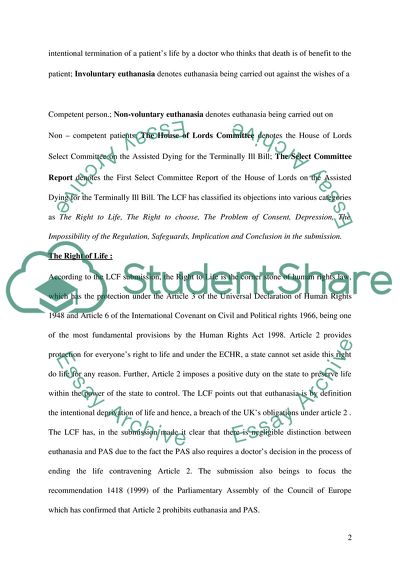Cite this document
(The Submission of the Assisted Dying Coursework, n.d.)
The Submission of the Assisted Dying Coursework. Retrieved from https://studentshare.org/social-science/1536923-ending-of-life
The Submission of the Assisted Dying Coursework. Retrieved from https://studentshare.org/social-science/1536923-ending-of-life
(The Submission of the Assisted Dying Coursework)
The Submission of the Assisted Dying Coursework. https://studentshare.org/social-science/1536923-ending-of-life.
The Submission of the Assisted Dying Coursework. https://studentshare.org/social-science/1536923-ending-of-life.
“The Submission of the Assisted Dying Coursework”. https://studentshare.org/social-science/1536923-ending-of-life.


